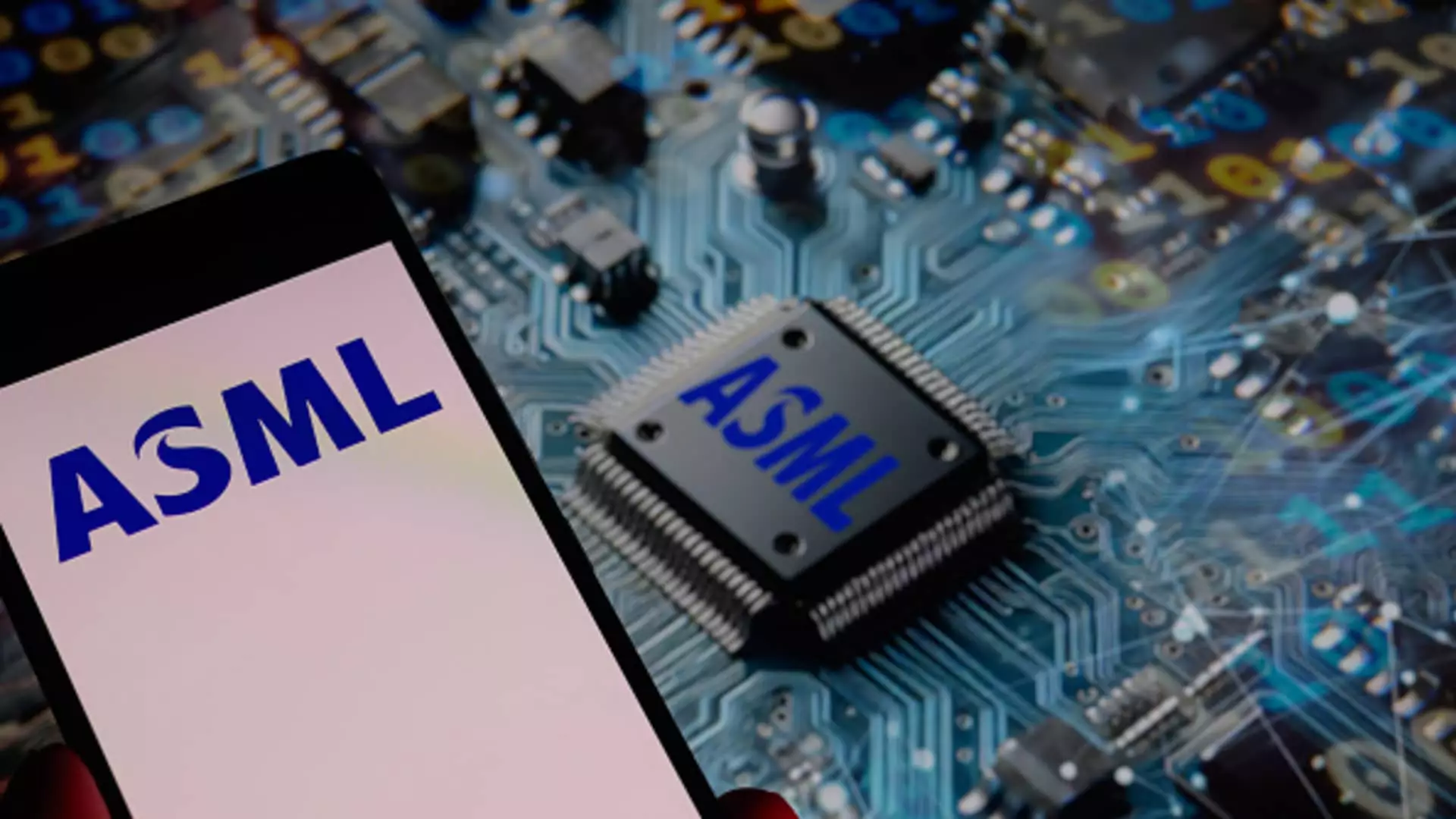The Dutch government recently announced the expansion of export restrictions on advanced semiconductor manufacturing equipment, specifically targeting more of ASML’s machines. This decision stems from concerns regarding national security and the increasing security risks associated with exporting such equipment in the current geopolitical context. As a key player in the semiconductor industry, ASML holds a critical role in the production of advanced chips, making it a focal point for regulations and export controls.
Under the new restrictions, companies will now have to apply for a license from the Dutch government to export their semiconductor manufacturing equipment out of the country. This move is in alignment with similar actions taken by other countries, including the United States, which recently rolled out new export controls on critical technologies such as quantum computing and semiconductor goods. The goal of these regulations is to safeguard vital technologies and prevent them from falling into the wrong hands.
ASML, headquartered in the Netherlands, manufactures machinery that is essential for producing the most cutting-edge chips. The company’s two types of tools, the extreme ultraviolet (EUV) lithography machine and the deep ultraviolet (DUV) lithography machine, play a crucial role in the semiconductor industry. The EUV lithography machines are utilized by chipmakers like Taiwan Semiconductor Manufacturing Co. to create advanced chips, while the DUV lithography machines are used for manufacturing memory chips found in various electronic devices.
The expanded export restrictions on ASML’s semiconductor manufacturing equipment, particularly the TWINSCAN NXT:1970i and 1980i DUV immersion lithography systems, will have implications for global trade flows and value chains. These regulations aim to minimize disruptions in global trade while ensuring that the Dutch semiconductor industry upholds its responsibilities in maintaining security standards for advanced technologies. The Dutch government’s cautious and targeted approach reflects its commitment to balancing national security concerns with the needs of the global semiconductor market.
As the semiconductor industry continues to evolve, with advancements in technology presenting both opportunities and challenges, governments worldwide are taking measures to protect critical technologies. The Netherlands’ decision to expand export restrictions on semiconductor manufacturing equipment reflects a broader trend towards prioritizing national security in the face of evolving geopolitical dynamics. Moving forward, collaborations between countries and industries will be essential in striking a balance between technological innovation and security imperatives.


Leave a Reply